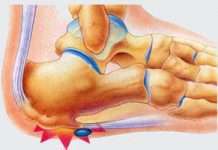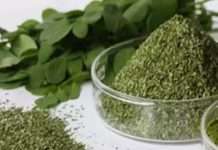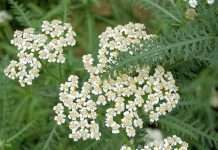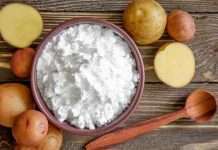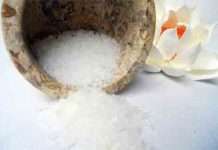Рак товстої кишки стає все більш поширеним серед молодих людей, став основною причиною смертності від раку серед чоловіків до 50 років і другою причиною смерті від раку серед жінок. До 2030 року кількість діагнозів у віці 20–34 років може зрости на 90–124%, а у віці 35–49 років – на 28–46%. Хороші новини? Приблизно 50% випадків можна запобігти, змінивши спосіб життя. Ось що вам потрібно знати.
Основи раку товстої кишки
Рак товстої кишки розвивається, коли аномальні клітини неконтрольовано ростуть у товстій кишці. Вони часто починаються як поліпи, які можуть стати раковими та поширюватися. Регулярні колоноскопії – найкращий спосіб виявити поліпи на ранній стадії. Скринінг зазвичай рекомендується починати з 45 років, але людям із сімейним анамнезом або такими захворюваннями, як неспецифічний виразковий коліт, слід розглянути можливість проведення тестування раніше.
Шість перевірених кроків для зменшення ризику
-
Підтримуйте здоровий склад тіла: Надлишок жиру на животі тісно пов’язаний із збільшенням ризику раку товстої кишки на 53%. Це тому, що він сприяє запаленню, порушує мікробіом кишечника та підвищує рівень холестерину, цукру в крові та інсуліну. Зосередьтеся на втраті жиру та нарощуванні м’язів за допомогою багатої білками дієти та силових тренувань.
-
Збільште споживання клітковини: Більшість американців споживають лише 16 грамів клітковини на день, що значно нижче рекомендованих 21-28 грамів для жінок і 30-38 грамів для чоловіків. Клітковина підтримує здоров’я кишечника та впливає на мікробіом, що пов’язано з ризиком раку товстої кишки. Вибирайте продукти, багаті на клітковину, такі як сочевиця та фрукти, або подумайте про прийом якісних харчових волокон.
-
Обмежте вживання обробленого м’яса: Всесвітня організація охорони здоров’я класифікує оброблене м’ясо як канцероген 1 рівня. Кожні 50 грам щоденної порції підвищують ризик колоректального раку на 18%. Мінімізуйте споживання та уникайте методів приготування при високій температурі, які виділяють шкідливі хімічні речовини у всьому м’ясі.
-
Більше рухайтеся: Регулярна фізична активність (більше семи годин на тиждень) пов’язана зі зниженням ризику раку товстої кишки на 40%. Вправи покращують контроль рівня цукру в крові, зменшують запалення та підтримують здоровий мікробіом кишечника.
-
Оптимізуйте рівень вітаміну D: Дефіцит вітаміну D пов’язаний із підвищеним ризиком раку товстої кишки. Аналіз 2021 року виявив зниження ризику на 25% серед людей, які споживали найбільше. Близько 41% дорослих у Сполучених Штатах мають дефіцит. Прагніть до рівня 50 нг/мл у крові, що часто потребує добавок (принаймні 5000 МО на день).
-
Включайте часник: Деякі дослідження показують, що вживання більшої кількості часнику може знизити ризик колоректального раку на 20-29%. Часник містить антиоксиданти, підтримує здоров’я кишечника та підвищує імунну функцію.
Чому це важливо
Рак товстої кишки стає все більш поширеним серед молодих людей через спосіб життя та фактори навколишнього середовища. Хоча генетика відіграє певну роль, активні зміни в дієті, фізичних вправах і добавках можуть значно знизити ризик. Регулярний скринінг залишається важливим для раннього виявлення, але профілактика є найпотужнішим інструментом.
Ключ: вибір способу життя сильно впливає на ризик розвитку раку товстої кишки. Вжиття заходів для покращення дієти, фізичної форми та стану поживних речовин може захистити ваше здоров’я на десятиліття вперед.















